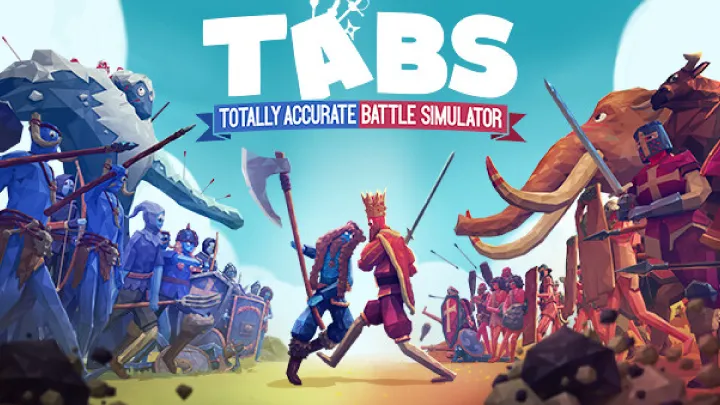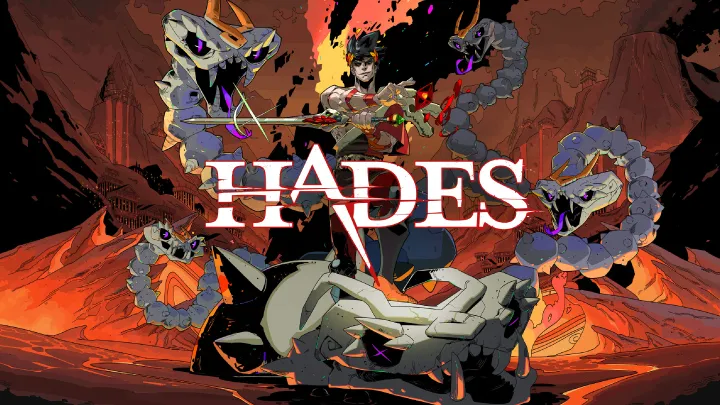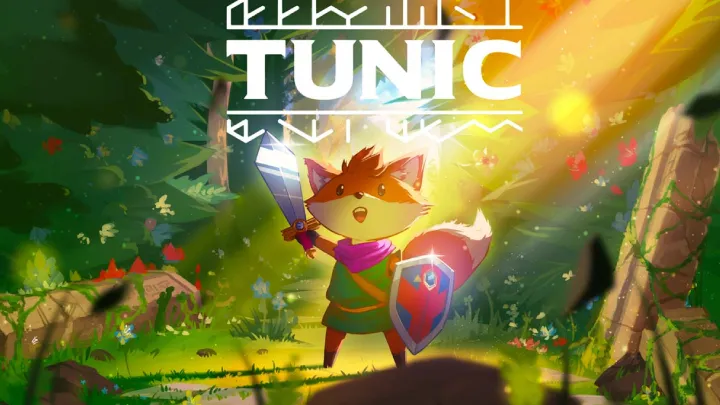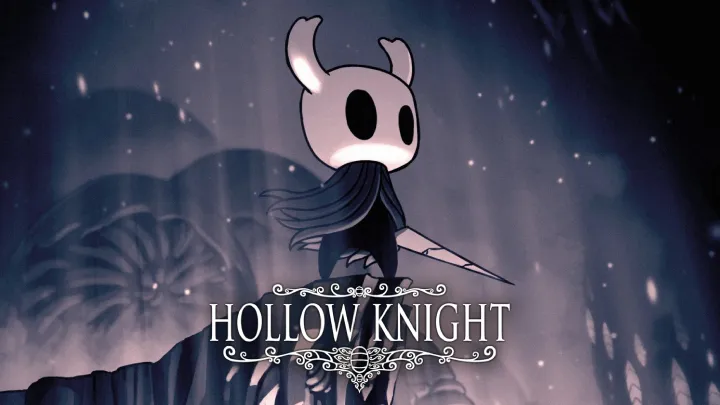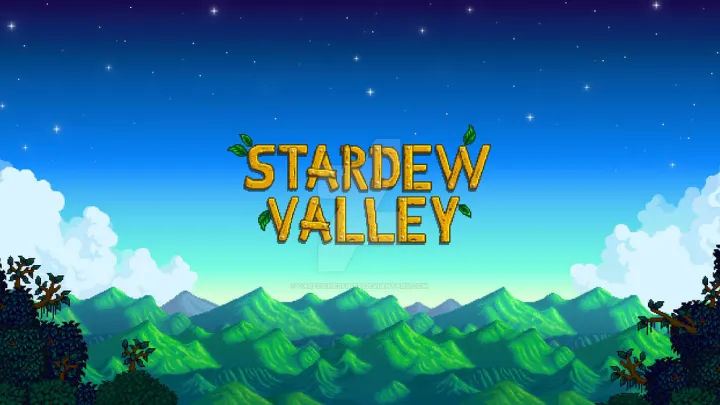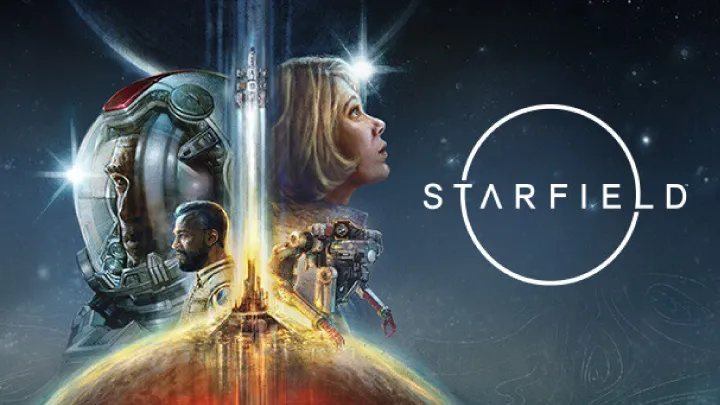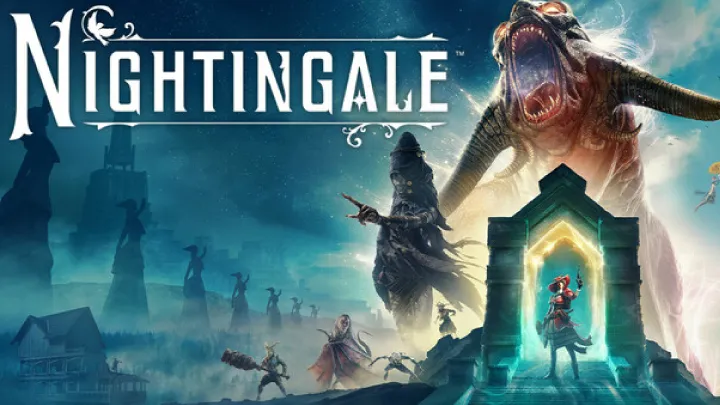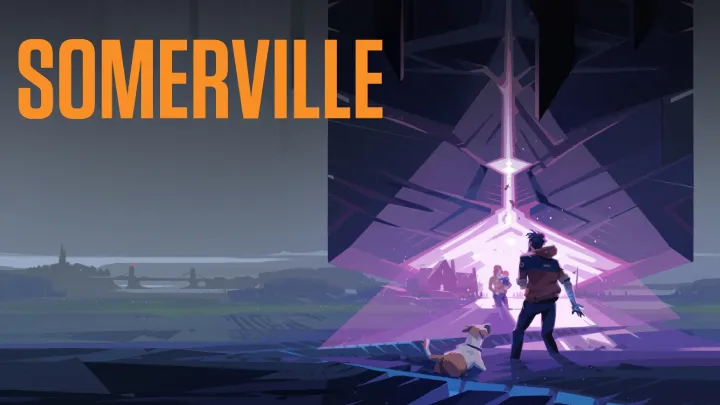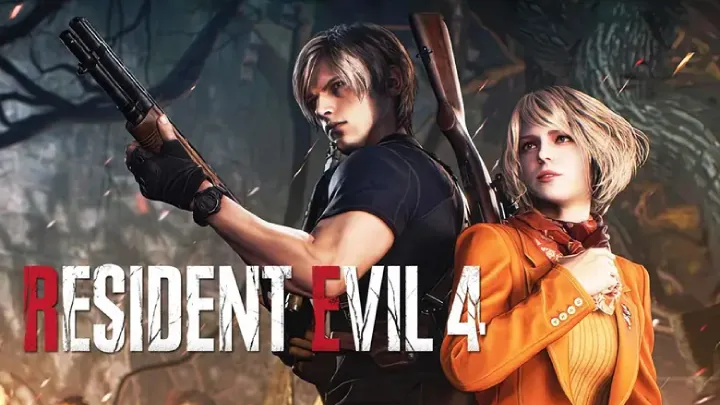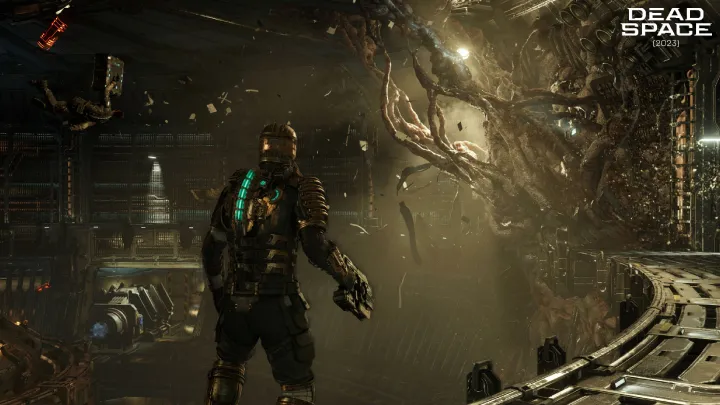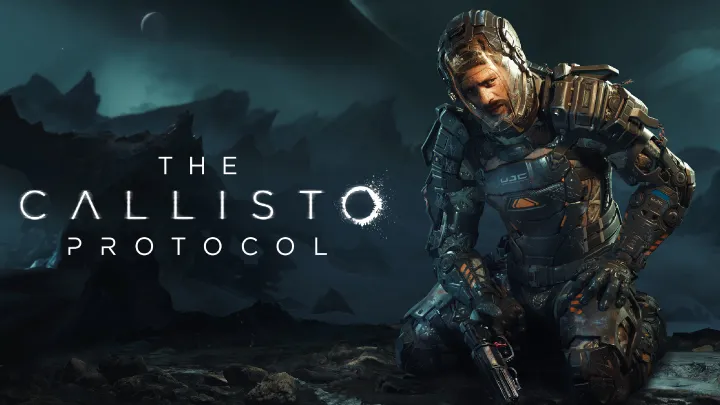Introduction
Role-playing games (RPGs) have long been the cornerstone of immersive storytelling in gaming. Unlike other genres that focus primarily on mechanics or quick bursts of action, RPGs invite players into vast, living worlds where every decision, character interaction, and exploration matters. These worlds are not just backdrops for gameplay; they are experiences in themselves—rich with lore, dynamic environments, and cultural depth.
Over the years, countless RPGs have been released, but only a select few stand out for creating worlds that feel timeless and unforgettable. These are the universes players return to again and again, not just for quests or battles, but to immerse themselves in a living, breathing setting that feels as real as our own.
In this article, we’ll explore The Greatest RPG Worlds to Explore, diving into their unique gameplay mechanics, world-building brilliance, and the reasons they continue to captivate gamers around the globe.
1. The Elder Scrolls V: Skyrim (2011)
Gameplay Analysis
Skyrim set a new benchmark for open-world RPGs. From the very first moments as the Dragonborn, players were given unparalleled freedom: explore mountains, join guilds, slay dragons, or simply wander villages listening to NPC conversations. Its leveling system encouraged experimentation, allowing players to craft unique builds—stealthy assassins, destructive mages, or armored warriors.
World-Building & Lasting Impact
What truly elevates Skyrim is its world of Tamriel’s northern province. Snowy peaks, ancient Nordic ruins, bustling cities like Whiterun—all combine to create a land steeped in culture and myth. The sheer number of side quests and the presence of a thriving modding community have ensured Skyrim remains relevant more than a decade later. With endless replayability, its world continues to feel alive and welcoming.
2. The Witcher 3: Wild Hunt (2015)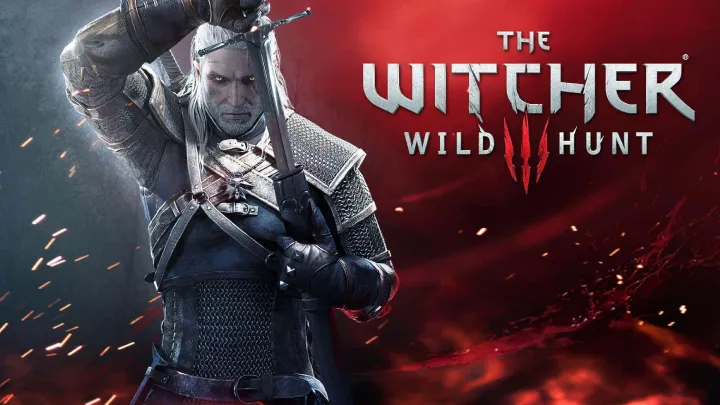
Gameplay Analysis
The Witcher 3 refined the RPG formula by balancing intense combat with branching narratives. Geralt of Rivia’s journey wasn’t about binary choices—it was about morally grey decisions with lasting consequences. From monster hunts to political intrigue, each quest was layered with meaning and emotional weight.
World-Building & Lasting Impact
The Continent is one of the most believable RPG worlds ever created. From the war-torn landscapes of Velen to the bustling streets of Novigrad and the windswept Skellige Isles, every region feels distinct. The game’s blend of folklore, political strife, and personal drama immerses players fully. Years after release, The Witcher 3 still stands as the gold standard for narrative-driven RPGs.
3. Mass Effect Trilogy (2007–2012)
Gameplay Analysis
Bioware’s Mass Effect trilogy blended third-person shooting mechanics with deep RPG elements. The ability to shape Commander Shepard’s personality, relationships, and choices across three games gave players an unprecedented sense of ownership. Dialogue trees and Paragon/Renegade morality systems defined the trilogy.
World-Building & Lasting Impact
The galaxy itself became a character. From the Citadel’s vibrant hub of alien cultures to the desolate planets scattered across uncharted systems, Mass Effect’s universe felt like a true sci-fi epic. The way choices carried over between games cemented its place in RPG history. To this day, few RPGs have managed to replicate the interconnected scope of Mass Effect’s storytelling.
4. Final Fantasy VII (1997)
Gameplay Analysis
Square Enix’s Final Fantasy VII revolutionized the RPG genre for the West. With its Active Time Battle system, materia customization, and a sprawling party of unique characters, it offered depth both in combat and narrative. Players navigated Midgar and beyond, facing off against Shinra and the infamous Sephiroth.
World-Building & Lasting Impact
Midgar’s industrial dystopia and the world beyond—lush forests, ancient ruins, and airships—captivated millions. It introduced environmental themes, corporate greed, and personal tragedy in ways few games dared. Its story, characters, and soundtrack continue to resonate, and the recent remake has reignited passion for this iconic world.
5. Dragon Age: Origins (2009)
Gameplay Analysis
Dragon Age: Origins revived the tactical fantasy RPG experience. With party-based combat reminiscent of Baldur’s Gate, it combined strategic depth with branching narratives. The “Origin” system gave players unique backstories depending on race and class, shaping interactions throughout the game.
World-Building & Lasting Impact
Thedas was meticulously crafted: a land plagued by political intrigue, religious conflict, and the looming Blight. The Grey Wardens’ struggle against the Darkspawn provided a backdrop for personal stories of betrayal, love, and sacrifice. Even years later, fans still debate choices and lore, proving the staying power of Thedas as one of gaming’s great fantasy settings.
6. Baldur’s Gate 3 (2023)
Gameplay Analysis
Larian Studios’ Baldur’s Gate 3 revitalized the CRPG genre with turn-based Dungeons & Dragons combat. Every decision—from dice rolls to dialogue choices—mattered, creating a sense of unpredictability and freedom. Multiplayer co-op further expanded the role-playing possibilities.
World-Building & Lasting Impact
Faerûn came alive with rich detail, from the bustling streets of Baldur’s Gate to mysterious forests and dangerous underworld caverns. Characters were multi-dimensional, relationships dynamic, and every corner packed with lore. Already hailed as one of the best modern RPGs, Baldur’s Gate 3 has established itself as a new classic in immersive world-building.
7. Persona 5 (2016)
Gameplay Analysis
Persona 5 merged traditional turn-based combat with life simulation. As the leader of the Phantom Thieves, players balanced dungeon crawling with attending school, building relationships, and managing time. Its stylish UI and fast-paced combat gave a fresh twist to the JRPG formula.
World-Building & Lasting Impact
Tokyo was more than a backdrop—it was a living space where players formed bonds, visited arcades, and unraveled corruption through supernatural Palaces. Persona 5’s mix of real-world settings with fantastical realms created a unique duality. Its themes of rebellion, friendship, and justice struck a chord, making it a defining RPG of the modern era.
8. Chrono Trigger (1995)
Gameplay Analysis
Chrono Trigger remains one of the most innovative JRPGs ever. Its active battle system allowed for team-based combo attacks, while time travel mechanics created dynamic storytelling. With multiple endings, it gave players agency in shaping the world’s fate.
World-Building & Lasting Impact
Spanning from prehistoric times to apocalyptic futures, Chrono Trigger’s world was vast yet interconnected. Each era was distinct yet tied together by overarching themes of destiny and hope. Decades later, its pixel art, memorable characters, and timeless soundtrack ensure it continues to enchant new generations.
9. World of Warcraft (2004)
Gameplay Analysis
Blizzard’s World of Warcraft brought MMORPGs into the mainstream. With expansive classes, dungeons, raids, and PvP, it redefined online RPG experiences. Millions of players embarked on adventures together, forming guilds and tackling challenges.
World-Building & Lasting Impact
Azeroth became one of the most iconic fantasy worlds in gaming. Its continents, factions, and lore expanded over countless expansions, creating a living history that continues to evolve. Even with competition, WoW remains unmatched in its cultural influence, shaping how online RPGs are designed.
10. Fallout: New Vegas (2010)
Gameplay Analysis
Fallout: New Vegas offered unparalleled role-playing freedom in a post-apocalyptic desert. With branching dialogue trees, multiple factions, and deep RPG mechanics, it allowed players to truly shape the Mojave Wasteland’s fate.
World-Building & Lasting Impact
Unlike typical RPG fantasy settings, New Vegas thrived on its mix of retro-futurism, survival, and political intrigue. The Mojave felt alive with conflicting ideologies and vibrant side quests. Over a decade later, fans still regard it as one of the most immersive and choice-driven RPG experiences ever created.
Conclusion
The magic of RPGs lies not just in mechanics or battles but in the worlds they create—worlds that feel alive, filled with history, characters, and choices that matter. From Skyrim’s snowy peaks to the Continent of The Witcher, from the futuristic galaxies of Mass Effect to the timeless eras of Chrono Trigger, these games transport us beyond mere entertainment into unforgettable journeys.
As technology continues to advance, more RPGs will emerge, but these worlds remain cornerstones of gaming history. They remind us that the true power of RPGs is their ability to let us live another life, in another world, and explore it as if it were our own.

